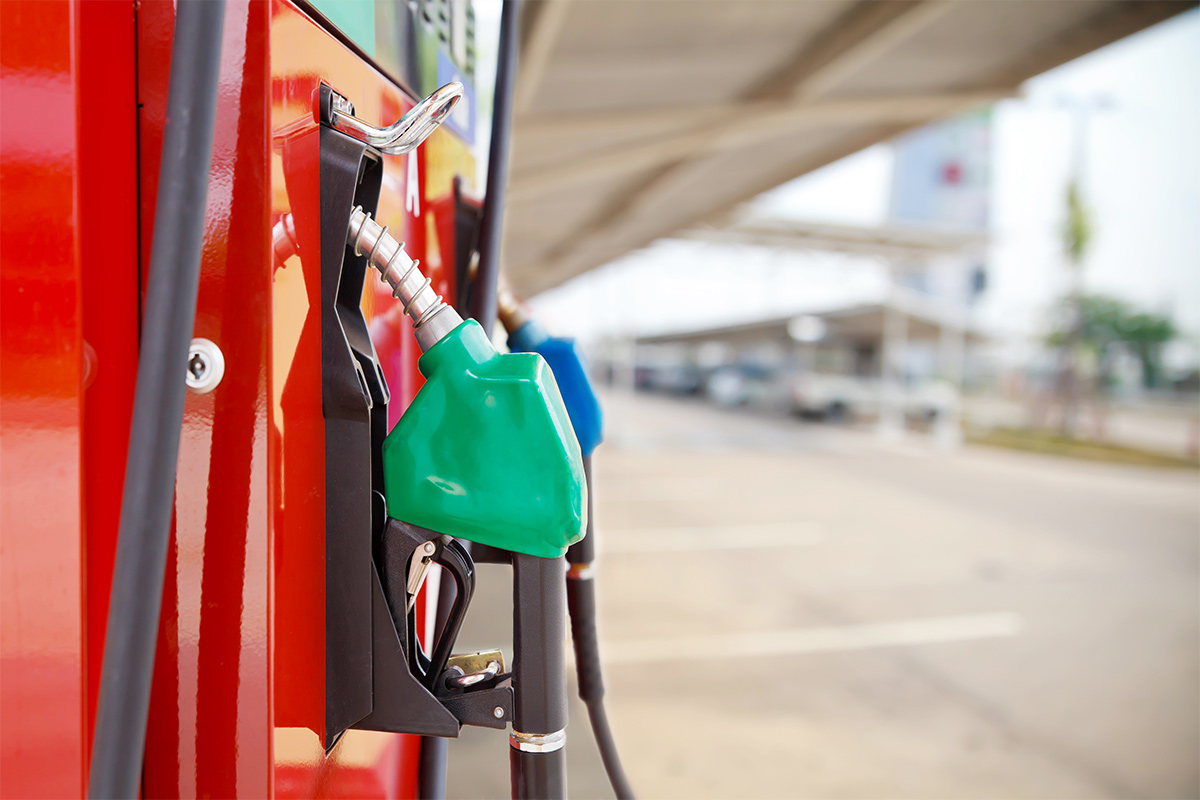The government has increased the tax on export of petroleum fuel. The move is aimed to ensure regular domestic supply of fuel.
The government has taken this measure taking cue from the condition of countries reeling under acute fuel shortage. The move is not only expected to maintain India’s domestic petroleum fuel reserve but also check the activities of some oil companies which are more interested in selling their products to international customers rather than domestic consumers.
Advertisement
The move is also bound to garner more revenue to the exchequer and make the domestic fuel situation better.
It was observed that some domestic oil marketing companies were exporting petroleum fuel to Australia and other countries with the aim of clocking more profit. Fuel retailers like Jio-BP and Nayara were able to secure cheap crude from Russia and were exporting refined fuel to other countries.
The government has raised the excise by Rs 6 per liter on Aviation Turbine Fuel (ATF), Rs 6 per liter on petrol and Rs 13 per liter on diesel. Apart from that Rs. 23250 per tonne of cess will be charged on crude export. There is no change or addition in the import of crude oil.
According to an official notification issued on June 30, “The refiners export these products at globally prevailing prices, which are very high. As exports are becoming highly remunerative, it has been seen that certain refiners are drying out their pumps in the domestic market. In view of this, cesses equal to Rs 6 per litre on petrol and Rs 13 per litre on diesel have been imposed on their exports. These cesses would apply to any export of diesel and petrol from the country.”
A few days ago, there were reports from areas of Rajasthan, Madhya Pradesh, Gujarat and Karnataka of some petrol pumps going out of stock due to a sudden increase in demand. It came to light that petrol retailers like Jio-BP and Nayara Energy, raised their prices in order to discourage domestic sales and focus on export. To overcome this situation, the government expanded the scope of Universal Service Obligation (USO). This mandates the fuel retailers to ensure that regular petrol and diesel sales are maintained at all petrol pumps, even in the remotest of the areas.
“Failure to meet norms can lead to the cancellation of licenses. This has been done with an objective to ensure a higher level of customer services in the market and to ensure that adherence to the USO forms a part of the market discipline”, the government said.
Finance Minister Nirmala Sitharaman also raised concerns over “phenomenal profits” made by domestic oil refiners, by curtailing domestic sales.
“These are times when oil prices internationally are unbridled. They are just going on and on upwards. And for any country, like India for instance, which depends largely and very heavily on imports, we also need to pay that kind of money to get the imports”, said the Finance Minister on Friday.
She further added that the country is facing a tough challenge in importing fuel at an affordable rate and the export figures would be assessed after every fortnight. Arguably, India imports about 85% of the total crude oil required.
Revenue Secretary Tarun Bajaj clarified that the newly introduced taxes would be applicable on SEZ units. “But, the export restriction will not be applicable,” he further added.











